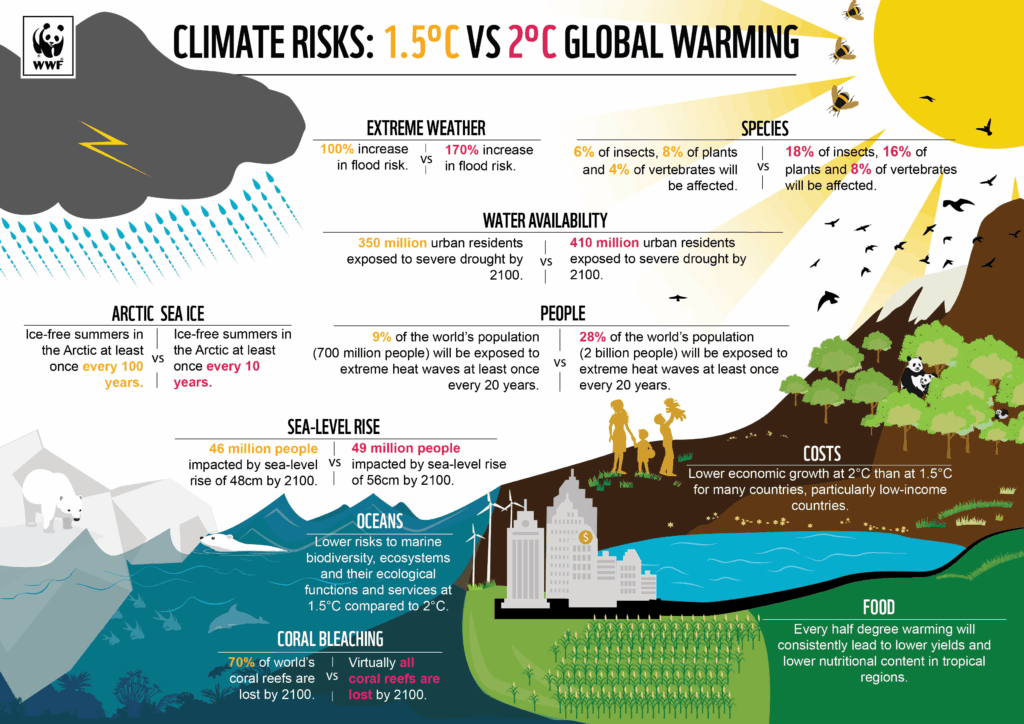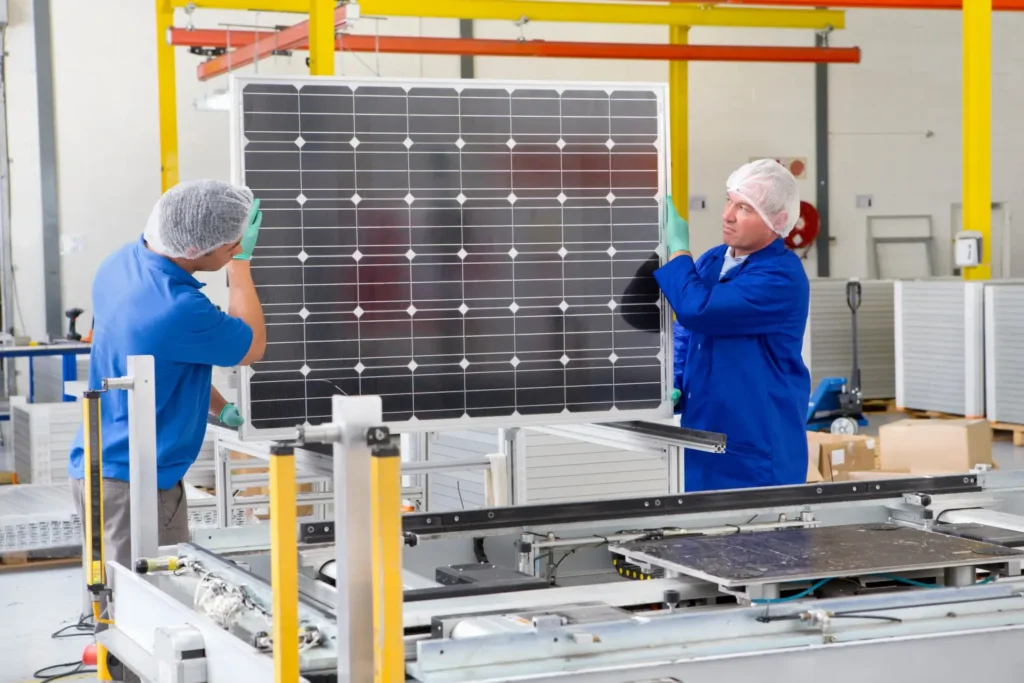In an era defined by accelerating climate change and volatile energy markets, the discourse around sustainable action has moved beyond environmental advocacy to become a central pillar of economic policy and political strategy.
At Sustainable Action Now, we understand that true progress hinges on both innovative solutions and a clear understanding of how these solutions impact the everyday lives of people. This report delves into the evolving landscape of energy politics, examining how the economic implications of climate policies are now being leveraged as a powerful tool in the political arena.
For too long, climate action has been framed as an abstract environmental concern or a costly endeavor. However, a significant shift is underway, particularly within political circles, to reframe energy programs through the lens of “kitchen table economics.” This strategic pivot acknowledges that for sustainable policies to gain widespread public support, their benefits must be tangible, immediate, and directly related to household budgets.

The Shifting Sands of Energy Policy: From Legislative Push to Political Weapon
The journey to enact comprehensive energy and climate legislation has been fraught with challenges. Despite ambitious initial goals, efforts to pass sweeping energy programs have often faced significant legislative hurdles. This has led to a strategic recalibration among proponents of clean energy. Instead of solely focusing on passing new laws, the emphasis is now shifting towards highlighting the stark economic contrasts between different energy policy approaches.
The realization that legislative pathways can be complex and unpredictable has prompted a new political tactic: making energy programs a potent weapon in electoral battles. This involves meticulously dissecting the economic consequences of various energy policies and presenting them in a way that resonates with voters’ financial realities. The goal is to demonstrate that choices made today about energy sources and environmental regulations have direct, measurable impacts on family finances, job security, and the broader economy.
Kitchen Table Economics: The Core of the New Energy Pitch
The heart of this evolving strategy lies in centering the energy debate on “kitchen table economics.” This means moving beyond abstract discussions of carbon emissions or global temperature rise and instead focusing on how different energy policies affect household budgets, utility bills, and local job markets. The argument is simple yet powerful: Republican policies, proponents contend, will cost people money.
How exactly might this play out? The narrative suggests that policies favoring fossil fuels, or those that rollback environmental protections, could lead to:
- Higher Energy Bills: Continued reliance on volatile global fossil fuel markets means susceptibility to price spikes, directly impacting electricity and heating costs. A lack of investment in renewable energy infrastructure can also keep energy prices artificially high by limiting competition and innovation.
- Economic Stagnation: Delaying the transition to a clean energy economy could mean missing out on the burgeoning green jobs sector, leaving communities behind in the global race for innovation and economic growth.
- Increased Healthcare Costs: Air and water pollution from traditional energy sources lead to higher rates of respiratory illnesses, cardiovascular diseases, and other health issues, imposing significant costs on individuals and the healthcare system.
- Infrastructure Vulnerability: A failure to modernize energy grids and invest in resilient, decentralized renewable energy sources can leave communities vulnerable to outages and disruptions, particularly in the face of extreme weather events intensified by climate change.
Conversely, the argument for sustainable energy programs is framed as a pathway to economic savings and opportunities:
- Lower Utility Costs: Investments in renewable energy like solar and wind, coupled with energy efficiency upgrades, can lead to stable, predictable, and ultimately lower utility bills for households over time. The sun and wind are free, unlike finite fossil fuels.
- Job Creation: The transition to a clean energy economy is a massive job creator, from manufacturing solar panels and wind turbines to installing energy-efficient systems and developing smart grid technologies. These are often well-paying, local jobs that cannot be outsourced.
- Energy Independence: Reducing reliance on foreign fossil fuels enhances national security and stabilizes energy prices by making the nation less susceptible to geopolitical shocks.
- Innovation and Competitiveness: Investing in green technologies fosters innovation, positioning the nation as a leader in the global clean energy market and creating new export opportunities.
- Improved Public Health: Cleaner air and water resulting from reduced fossil fuel consumption lead to healthier communities, lower healthcare costs, and increased productivity.
This reframing aims to make the choice between different energy futures a clear economic one for voters. It’s about demonstrating that sustainable action isn’t just good for the planet; it’s good for the wallet and the economy. To learn more about how climate action intersects with policy and everyday life, we encourage you to explore our dedicated section on climate initiatives: https://sustainableactionnow.org/category/climate/.
The Road Ahead: Making Sustainable Action a Winning Proposition
The strategy to weaponize energy policy against political opponents by highlighting economic impacts is a testament to the growing understanding that climate action is fundamentally an economic issue. As the 2026 elections approach, we can expect to see this narrative amplified, with both sides of the political spectrum attempting to define the economic consequences of their energy platforms.
For us at Sustainable Action Now, this shift presents both a challenge and an opportunity. It underscores the critical importance of clear communication and robust data to illustrate the tangible benefits of sustainable practices. By focusing on how clean energy solutions can reduce costs, create jobs, and foster healthier communities, we can build broader support for the policies necessary to secure a sustainable future.
The debate over energy policy is no longer confined to scientific papers or environmental summits; it’s a conversation happening at dinner tables across the country. By articulating the economic advantages of sustainable action, we can empower individuals to make informed choices that benefit both their personal finances and the health of our planet. For further insights into the economic and environmental benefits of climate action, visit https://sustainableactionnow.org/category/climate/.
Ultimately, the success of sustainable action hinges on its ability to demonstrate real-world value. By connecting climate policy to the immediate economic concerns of everyday people, advocates are not just fighting for a cleaner planet; they are fighting for a more prosperous and secure future for everyone.


